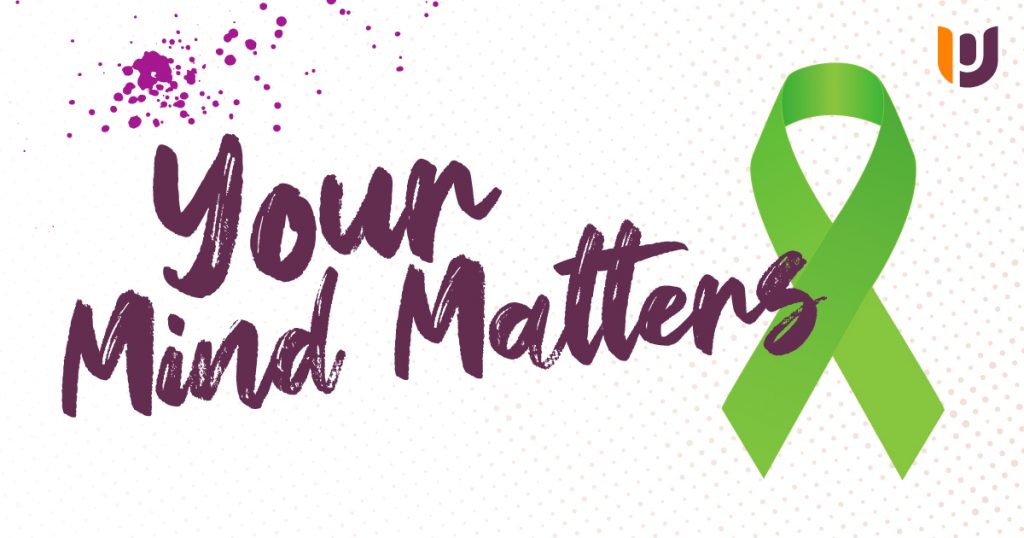Innovative Trials are passionate about ensuring our diverse population is adequately represented within medical research. Whether it is wanting to see more people from underrepresented communities choosing science as a career and pushing for greater patient diversity in clinical trials or focusing on what we are doing internally to celebrate and promote equality and diversity. Throughout 2021, we have made a pledge to share our education and experiences with our clients and colleagues, to ensure inclusivity across the board. Each month we will be releasing communications in line with national and international awareness campaigns. So far in our Awareness series, we have explored: Women's Health; diversity in Cancer, Heart Disease and Scleroderma; Ovarian and Prostate Cancer; Autism Acceptance and Ramadan and Bowel Cancer. In Part One of our May Awareness Blog, our colleague, Vicky Waigwa, wrote about Action on Stroke and Hepatitis Awareness, and further explores Mental Health in Part Two, as part of Mental Health Awareness Week. Mental Health Awareness Week takes place from 10-16 May 2021. The Mental Health Foundation hosts this campaign, and this year's theme is 'Nature'. An individual with good mental health, can: Some people may refer to mental health as 'emotional health' or 'well-being' and it's just as important as good physical health. Mental health problems are usually defined and classified to enable professionals to refer people for appropriate care and treatment. However, some diagnoses can be controversial and there is much concern in the mental health field that people are too often treated according to or described by their label. This can have a profound effect on their quality of life. Most mental health symptoms have traditionally been divided into 2 groups, either 'neurotic' or 'psychotic' symptoms [1]. Mental health problems affect the way you think, feel and behave. These problems can be diagnosed by a doctor, and should not be viewed as personal weaknesses. Over the past year, studies have been suspended out of safety concerns due to COVID-19 [2]. This led to a dip in new patients entering trials by nearly 65 percent in March 2020. Although the need for precautions is understood, many feel concerned that the natural course of their diseases may claim their lives before COVID-19. The sense of vulnerability has created resentment toward healthcare, public health, and government stakeholders who they feel have prioritised COVID-19 over their conditions. Additionally, many patients are worried that their disease may worsen, making them ineligible to participate in trials in the future. The psychological impact has been evident as being part of a clinical trial is an all-encompassing experience. Patients communicate with various people at their research sites, that are constantly encouraging them to keep going, providing assurance and doing other small gestures to demonstrate that they truly care. In addition to mailing pills and virtually discussing side-effects, sponsors and sites should consider providing resources for mental health support to help patients during these tough times. In doing so, we can continue advancing science for the benefit of mankind, while respecting every individual's sacrifice in good times and in bad. Did you know [3]: Innovative Trials supported a Phase 2 Major Depressive Disorder (MDD) study across France, Italy and Spain. This study looked to recruit patients aged between 18-65 with a primary diagnosis of single or recurrent MDD. Most CEM supported sites were screening and enrolling more patients than before, after implementing site visits and patient pathway referrals. A total of 75% of CEM supported sites screened patients, as opposed to 66.6% of Non-CEM supported sites. Equality, Diversity and Inclusion continues to be high on our agenda. We are working behind the scenes to push this forward. Keep your eyes peeled for more. Find out how we're working with clients to ensure greater patient diversity in clinical trials. Mental Health Awareness Week
Mental Health Awareness

Mental Health Difficulties
Symptoms
Mental Health of Clinical Trial Participants
Incidence & Diversity
Our Experience

References
